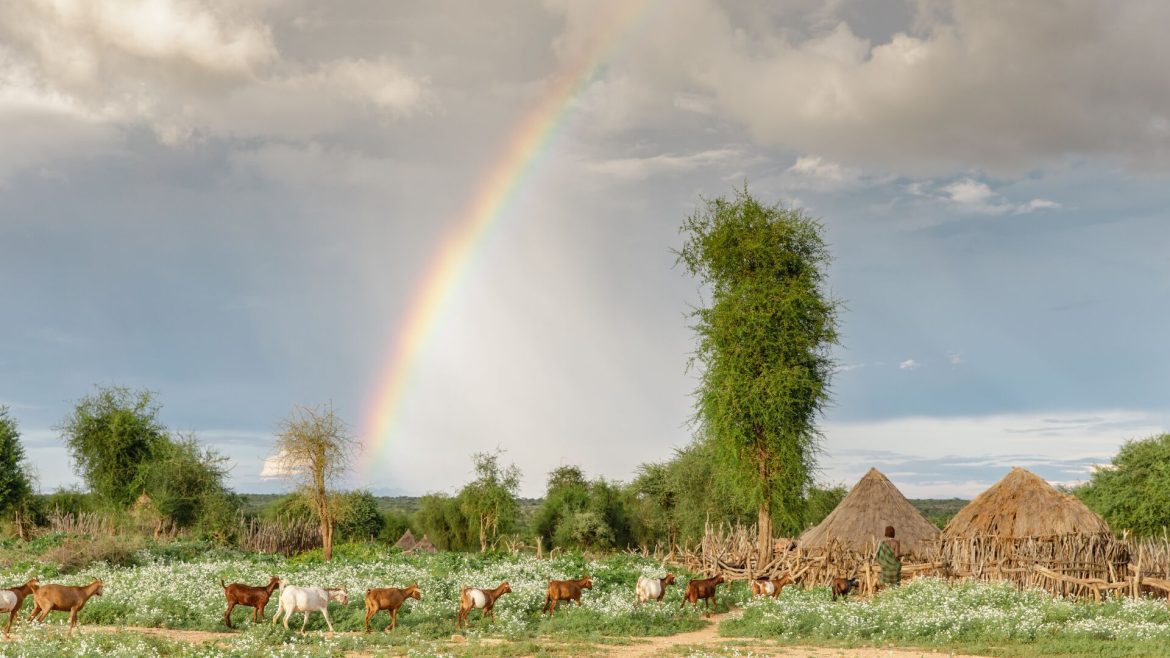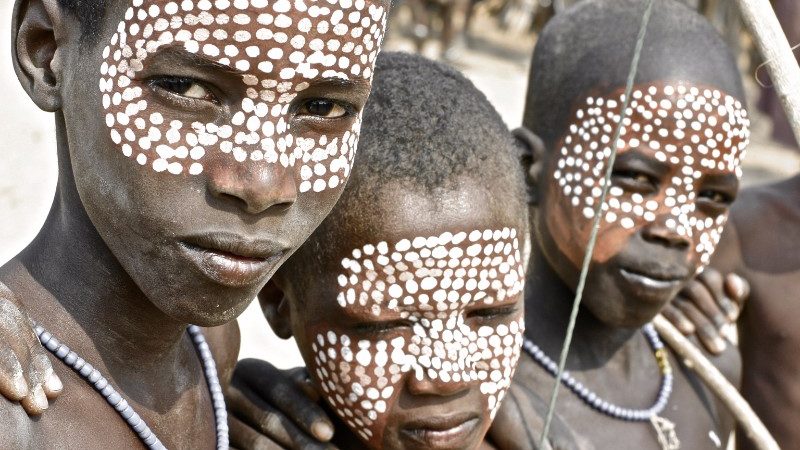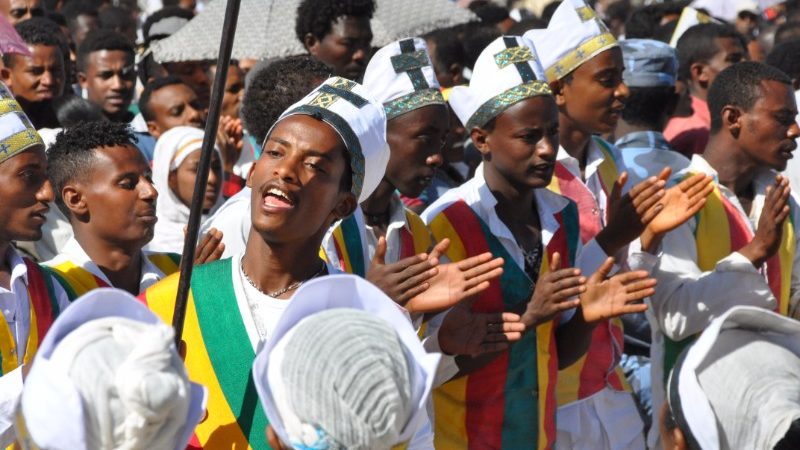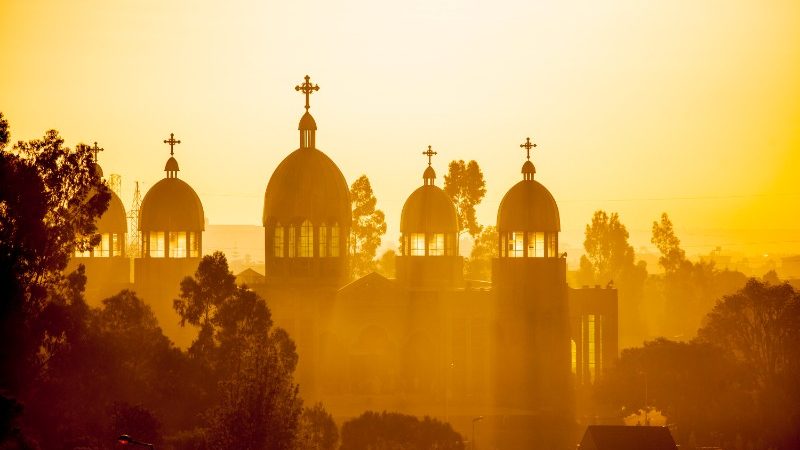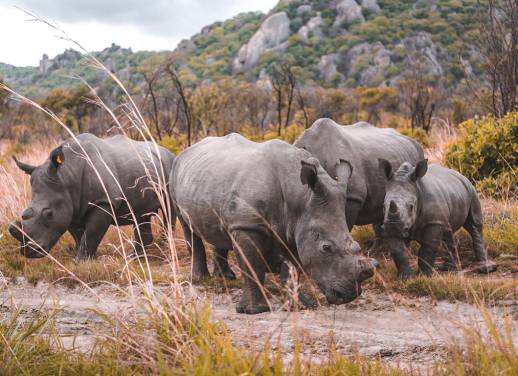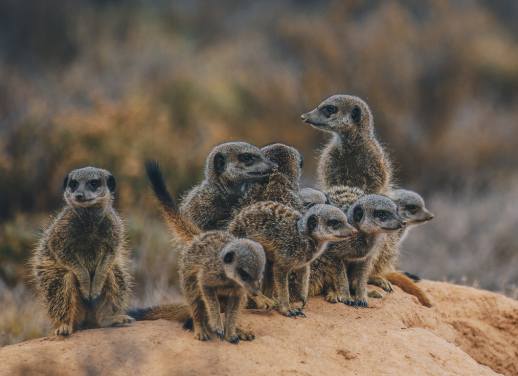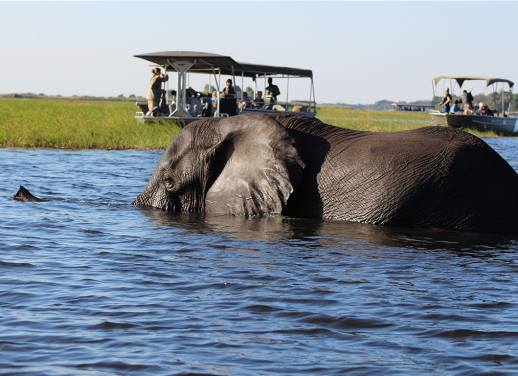Archaeological, cultural and natural wonders await for travellers keen to delve into the ancient yet often overlooked Ethiopia.
Add to this a staggering diversity of landscapes, a kaleidoscope of cultures and history that tracks back to when our species first raised itself up onto two legs – and suddenly you’ve got one very surprising travel destination.
From the birthplace of the Rastafarian movement to the discovery of coffee, here are 10 cool facts you might not know about Ethiopia.
1. There are thirteen months on the calendar in Ethiopia
Sure, plenty of cultures have their own calendars that they prefer to follow over the Western Gregorian one, but most still abide by the unspoken ’12 months to a year’ rule. Not Ethiopia. Ever looking to buck a trend, several thousand years ago the Ethiopians cottoned on to Spinal Tap’s belief that one more is always better – and have been counting 13 months to their year ever since.
What does this mean? Well, Ethiopia is essentially a few years behind the rest of the world. Canny tourism boards can also legitimately claim that the country really does boast ’13 months of sunshine’.
2. Ethiopia runs on its own time
Ethiopians also measure the hours of a day to a different schedule. In a piece of logic that’s kind of hard to argue against, they believe it’s less confusing if the clock starts when the day does. Thus, sunrise is 1 o’clock and sunset 12. Then the 12-hour night clock sets in. So when buying bus tickets, make sure you ask whether departure time is in Ethiopian or Western time.
3. Ethiopia was never colonised by Europeans
Ethiopia is the only African country never to have been brought under colonial control – a fact that locals will never tire of informing you. And fair enough, too. The Italians did give colonisation a crack in 1935 – and succeeded in militarily occupying the country for six years – but Ethiopian forces were waging military opposition the entire time and the whole country was never brought under control. As some of the locals put it, “we waited until they had built us railways and nice buildings… and then kicked them out.”
4. Ethiopia is a nation of festivals
Ethiopia is a country full of vibrant festivals. The biggest, Timket, is a three-day annual festival that honours the baptism of Jesus Christ in the river Jordan. Priests remove the ‘Tabots’ (replicas of the Ark of Covenant) from each church and march to the nearest water source, where the communal baptism takes place. The procession is accompanied by thousands of locals dressed in dazzling white traditional dress that contrasts with the colours of the ceremonial robes and sequined velvet umbrellas of the priests.
5. Ethiopia is the birthplace of the Rastafarian movement
Thought it was Jamaica? Nope. While much of the Rastafarian movement did evolve in Jamaica, the spiritual homeland of it is in actual fact Ethiopia. In Amharic, ‘ras’ is a title similar to chief, and ‘tafari’ the first name of Emperor Haile Selassie I. The movement essentially posits Selassie as an incarnation of God. Need further evidence? Check out the colours on the Ethiopian flag. Familiar, no?
6. Coffee was discovered in Ethiopia
You know your morning caffeine shot? You’ve got some Ethiopian goats to thank for that. As the story goes, a goat herder way back when noticed his flock’s fondness for a certain bush and decided to give one of the fruits a nibble himself. His day’s herding was notably more efficient for it – and the coffee industry took off from there.
7. Ethiopia is one of the world’s oldest countries
Several archaeological findings in Ethiopia’s Afar region go quite some way in suggesting that the country may be where the human species came from. In 1972, Donald Johanson and Tim D. White discovered Lucy, a 3.2 million year old hominid skeleton. For years, Lucy was all the rage, embarking on a nine-year worldwide tour and enjoying widespread fame. Then Ardi, also from the Afar region but one million years her senior, rocked up and blew her out of the water. So you arguably also have the Ethiopians to thank for, well… you.
8. Abebe Bikila was the first athlete to win two Olympic marathons
In 1960, an Ethiopian by the name of Abebe Bikila became the first black African to win gold in the Olympics. Only making the team selection at the last minute due to another athlete’s broken foot, Bikila opted to run the marathon barefoot, pipping hot favourite Moroccan Rhadi Ben Abdesselam by a full 25 seconds.
Four years later, Bikila won the Tokyo Olympics, setting a world record and becoming the first ever person to win the Olympic marathon twice. When asked if he wasn’t tired (he didn’t look it), he answered that he could’ve done with another 10 kilometres!
9. Addis Ababa is the fifth highest capital city in the world
Ok, there’s no getting away from the fact that Addis fits the bill of being a big, dusty, overcrowded city. But it’s also home of the African Union and the headquarters of the United Nations Economic Commission for Africa. It’s also the worlds fifth-highest capital city, with an altitude of 2355 metres. The name of the city translates to ‘New Flower’ in Amharic.
10. Ethiopian cuisine is great for vegetarians
Ethiopian cooking is some of the tastiest, healthiest and most diverse cuisine on the continent. And, unlike many African countries, it’s a haven for vegetarians. The simple reason for this is that most Ethiopians follow a particular strand of Orthodox Christianity that prohibits the eating of any animal products on Wednesdays and Fridays.
The happy by-product of this for herbivores is that restaurants tend to always have a few deliciously spicy vegan stews on the menu. It also means that when you say that you don’t eat meat they’ll actually understand the idea, instead of replacing the beef you requested be left off your pizza with, say, chicken.
Top Africa trips
Feature image C/O Shutterstock.

